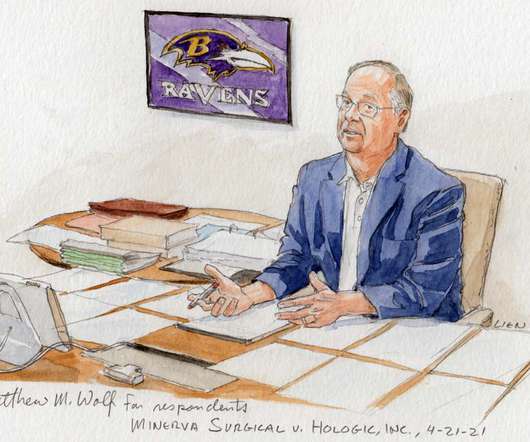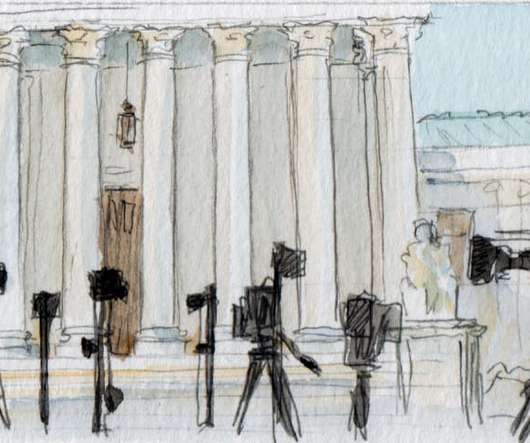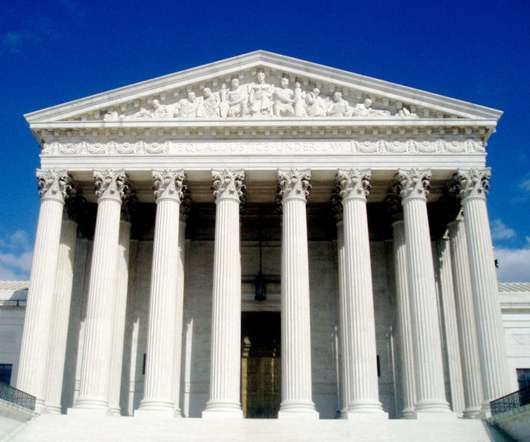Doctrinal “dinosaur” or stare decisis? Justices wrestle with patent-law precedent.
SCOTUSBlog
APRIL 23, 2021
Morgan Ratner argued for the federal government, which filed its own friend-of-the-court brief but supported neither party. The justices pressed Ratner on where the government’s version of the doctrine came from. As Justice Neil Gorsuch put it, “No court’s ever applied the version of estoppel that you’re proposing now.”

















Let's personalize your content